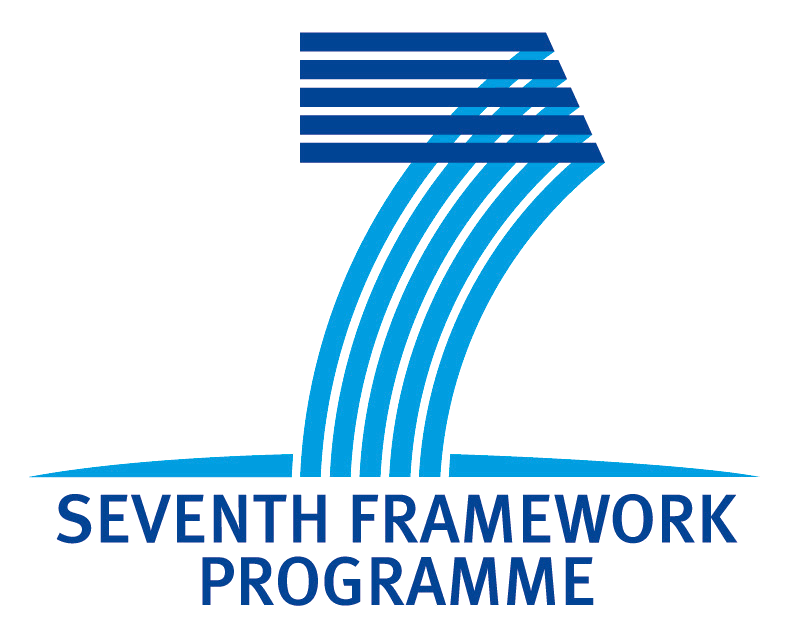eJMT Special Issue on Theorem-Prover based Systems for Education
[Note: Submission Deadline is 15 September 2012]
Special Issue of The Electronic Journal of Mathematics & Technology (eJMT) on Theorem-Prover based Systems for Education
https://php.radford.edu/~ejmt/
Scope
CADGME, the Conference on Computer Algebra and Dynamic Geometry Systems in Mathematics Education, has a working group on Theorem-Prover (TP) based Systems since 2009. This year's conference held in Novi Sad,Serbia, leads to a special issue with this scope:
Recently and largely unnoticed in public, applications in science and technology drove the development of automated and interactive theorem proving technologies, which have become of major importance for mathematics and computer science in academia and in industry. However, their potential for a wide-spread education technology is unexplored, in spite of the fact, that TP exhibits features relevant for educational systems:
- TP supports automated checks of user-input: since input states a lemma to be proved within the logical context of a proof, a calculation or a geometric construction, TP checks user-input without specific code for large classes of input. Such automation brings systems for step-wise problem solving within reach.
- TP covers the whole problem solving process: since TP implements reasoning – the core of mathematical thinking, it supports all steps in problem solving (mathematising, comparing specifications, reasoning and arguing, trying various strategies, until a solution can be verified).
- TP has underlying knowledge in a human readable format (following the LCF-paradigm): mathematics knowledge is mechanized down to "first principles" beginning from basic axioms and definitions; so presenting explanations to learners is not an issue of implementation but an issue of filtering off details.
These features are distinguished from present educational mathematics software, from CAS, DGS, Spreadsheets etc. such that they promote a new generation of educational math assistants. Several prototypes are under construction in academic R&D for geometry, algebra and applications in engineering disciplines. So it seems in time to publish TP's potential and expected impact on educational practice in a special issue.
Important Dates
Deadline: September 15, 2012
Submission: 16 pages pdf https://www.easychair.org/conferences/?conf=cadgme12-edutps
Preliminary notification: October 22, 2012
Final notification due to eJMT referees
Expected publication: Spring 2013
Submission Details
We expect original articles (typically 12-18 pages) that present high-quality contributions that have not been previously published in an archival venue and that must not be simultaneously submitted for publication elsewhere. Guidelines https://php.radford.edu/~ejmt/SubmissionGuidelines.php
Program Committee
Roman Hašek, University of South Bohemia
Zlatan Magajna, University of Ljubljana
Filip Maric, University of Belgrade
Walther Neuper, Graz University of Technology
Pavel Pech, University of South Bohemia
Rein Prank, University of Tartu
to be completed
Topics of interest include, but are not limited to:
- Features of TP which have specific potential for innovating educational software
- Descriptions of systems which implement TP components, and expected impact on innovating education
- Reports from field-tests for TP-based systems
- What are novel promises of TP for open learning scenarios in class, independent learning at home, in renewed math and science education?
- How can TP provide additional challenges for gifted and interested students as well as extra tuition to catch up on, particularly for "slow but rigorous thinkers"?
- What is the gain for designing curricula, when respective math knowledge can be mechanized and is available "from first principles"?
- What is the gain for evaluation and assessment, when the same software can be used for learning as well as for assessment (because for the latter only supportive functionality needs to be reduced)?
- How can TP-based systems support and enforce continuity between “intuitive” math at high-school and “formal” math at university?
- Are there ideas for open price competitions addressing the public in interactive mathematical challenges via “cloud computing”?
What links here
No backlinks found.


